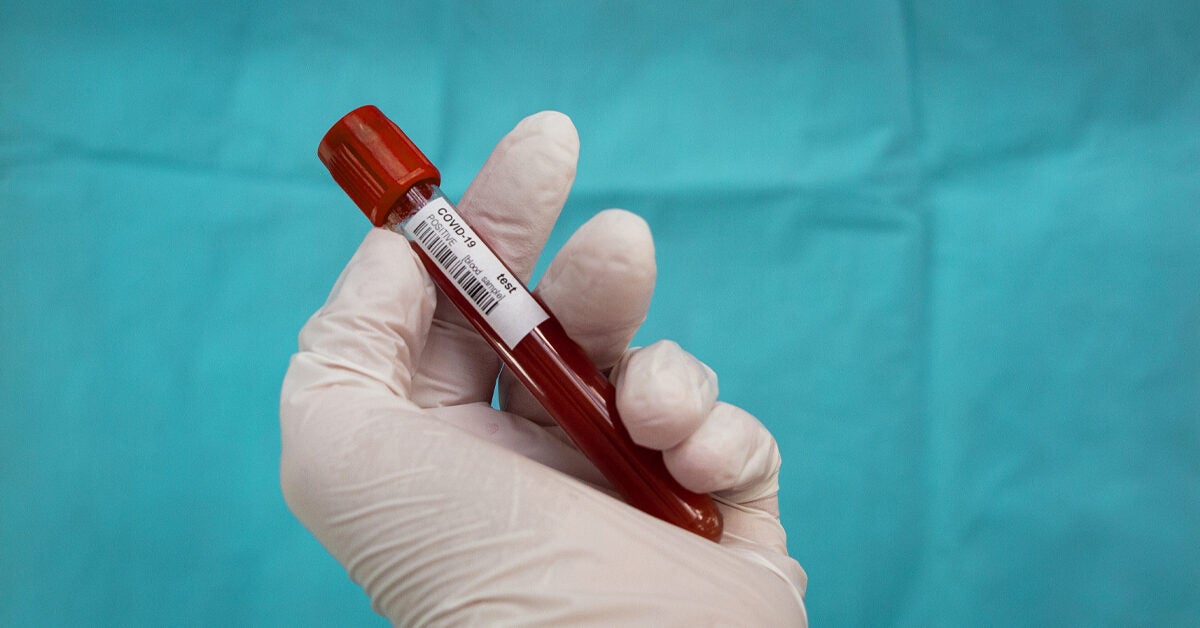Due to the fact various sclerosis (MS) impacts the central nervous system, it can cause indications throughout the human body, like numbness, fatigue, and troubles with equilibrium. But getting excellent treatment of your system — in addition to sticking to your many sclerosis procedure prepare — can aid you manage your MS signs or symptoms.
“We are starting to better comprehend the worth of these additional steps,” says Lisa Billars, MD, a neurologist with Kaiser Permanente in Atlanta. “The focus is not only on dealing with the ailment, but also about optimizing the health of sufferers in light of their health care affliction.”
From maintaining your cool — actually — to keeping mentally engaged and physically energetic, pursuing these life-style recommendations can enable you stay healthful and reside your best lifestyle with a number of sclerosis.
1. Eat Additional Healthy Food items to Come to feel Your Greatest
There is no exclusive MS diet, but an total nutritious feeding on system can give you much more electricity and help stave off long-term ailments this sort of as coronary heart condition and sort 2 diabetes.
“The typical method several neurologists choose in clients with MS is recommending a healthy diet plan with loads of fruits and veggies, lean protein, and omega-3 fatty acids,” Dr. Billars says.
Consuming adequate fiber is vital, as well, for stopping constipation. Constipation is a widespread trouble amongst persons with MS, according to the Nationwide Multiple Sclerosis Culture. A lot of fruits, veggies, and total grains, together with dried beans and lentils, are fantastic resources of fiber. If you enhance your fiber consumption, be absolutely sure to also enhance the quantity of fluids in your diet plan. Not executing so can final result in worsened constipation.
If MS has diminished your sense of flavor, try





